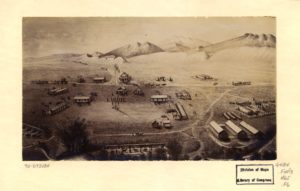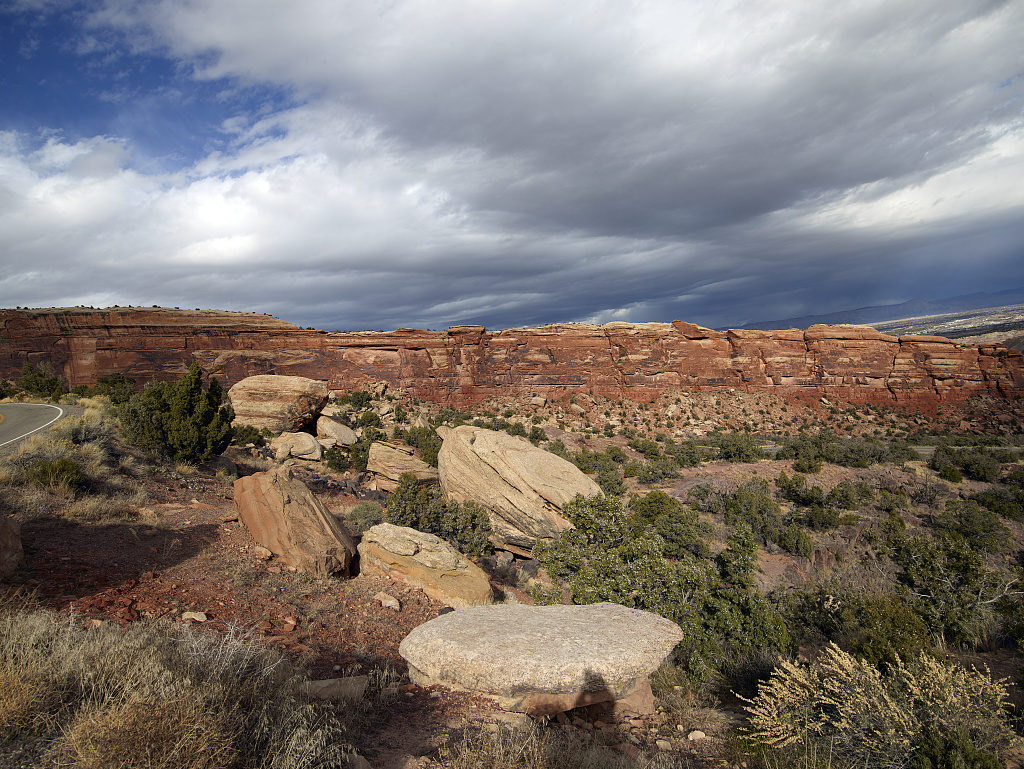In February 1866 President Andrew Johnson vetoed the Freedmen Bureau extension bill. His insensitive and demeaning remarks in a Washington’s Birthday talk angered Republicans in Congress, which in early April overrode the president’s veto of the Civil Rights bill. 150 years ago today Andrew Johnson vetoed a bill that would have made Colorado a state and admitted it into the Union. He thought the population was too small and transient (miners looking for the next hot prospect) to pay the taxes associated with statehood. The vote of residents in favor of statehood was by a small majority in an election unauthorized by Congress. It would be unfair to give approximately 30,000 people three votes in the Electoral College without some overriding public interest. U.S. Representatives at the time were apportioned per 127,000 people.
President Johnson concluded his veto message by stating that he didn’t think it was right that new states would be admitted into the Union before the eleven southern rebel states were allowed representation in Congress. From The Struggle between President Johnson and Congress over Reconstruction by Charles Ernest Chadsey (1896; page 72):
![[2 views] (1) Banking-House, Denver City, Colorado - miners bringing in gold dust [interior]; (2) The Overland Coach Office, Denver City, Colorado [street scene] (Harper's Weekly, January 27, 1866 p.27; LOC: https://www.loc.gov/item/2006675494/)](https://www.bluegrayreview.com/wp-content/uploads/2016/05/3b01677r-213x300.jpg)
“[2 views] (1) Banking-House, Denver City, Colorado – miners bringing in gold dust [interior]; (2) The Overland Coach Office, Denver City, Colorado [street scene]” Library of Congress
Here’s the last paragraph of President Johnson’s veto message (from Edward McPherson’s 1871 The political history of the United States of America during the period of reconstruction, (from April 15, 1865, to July 15, 1870):
The condition of the Union at the present moment is calculated to inspire caution in regard to the admission of now States. Eleven of the old States have been for some time, and still remain, unrepresented in Congress. It is a common interest of all the States, as well those represented as those unrepresented, that the integrity and harmony of the Union should be restored as completely as possible, so that all those who are expected to bear the burdens of the Federal Government shall be consulted concerning the admission of new States; and that in the mean time no new State shall be prematurely and unnecessarily admitted to a participation in the political power which the Federal Government wields, not for the benefit of any individual State or section, but for the common safety, welfare, and happiness of the whole country.
Andrew Johnson.
Washington, D. C, May 18, 1S66.
President Johnson likened Senator Charles Sumner to a traitorous rebel in his Washington Birthday remarks. According to David Herbert Donald’s Charles Sumner and the Rights of Man, the senator also opposed Colorado’s admission into the Union and the corresponding two extra Republican votes in the Senate because the Colorado state constitution refused blacks the right to vote: “No more States with inequality of rights!”



